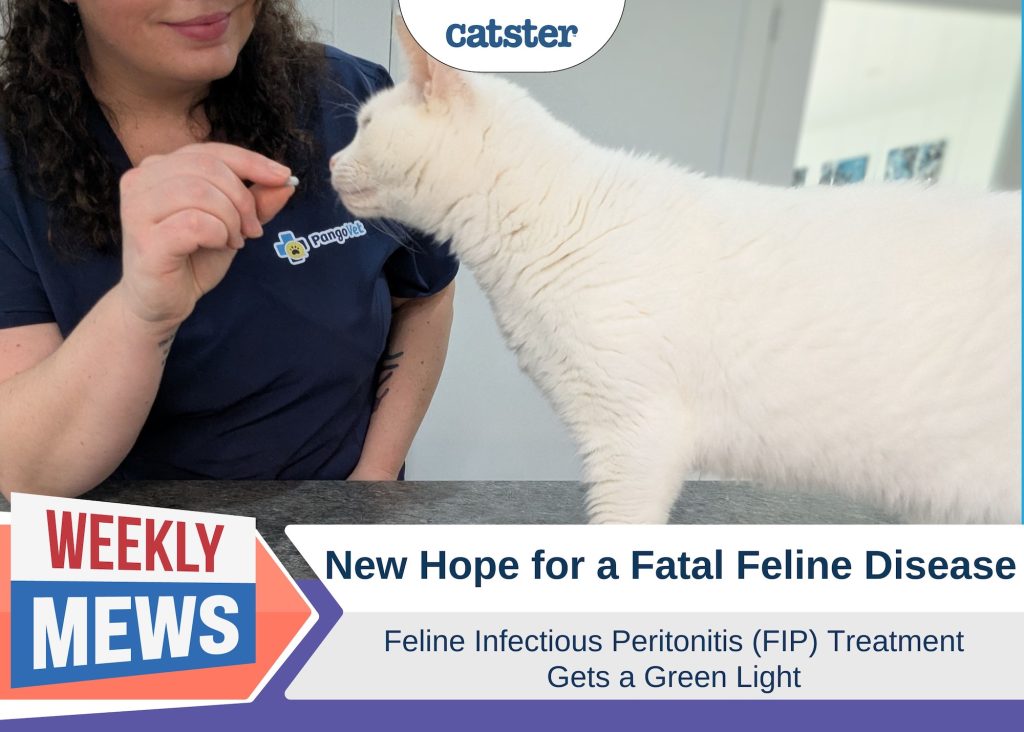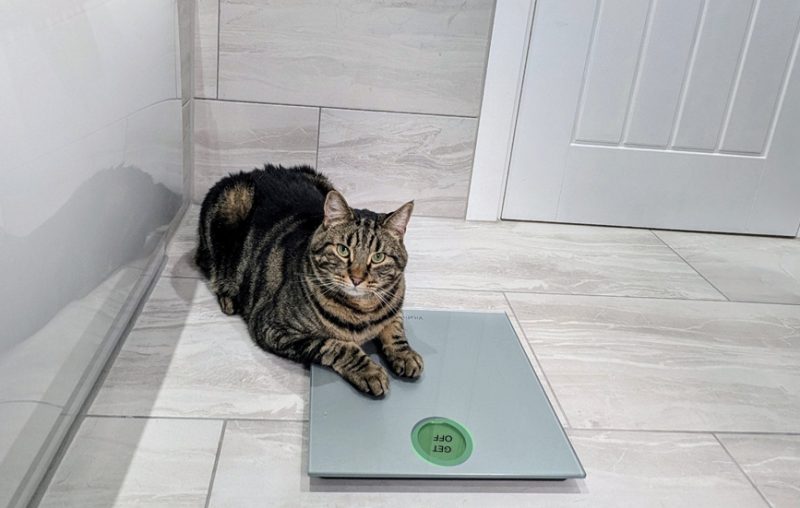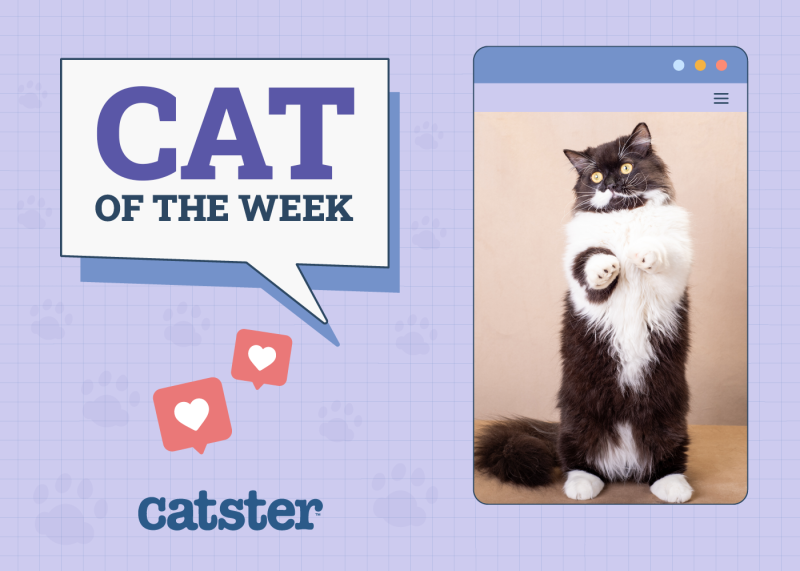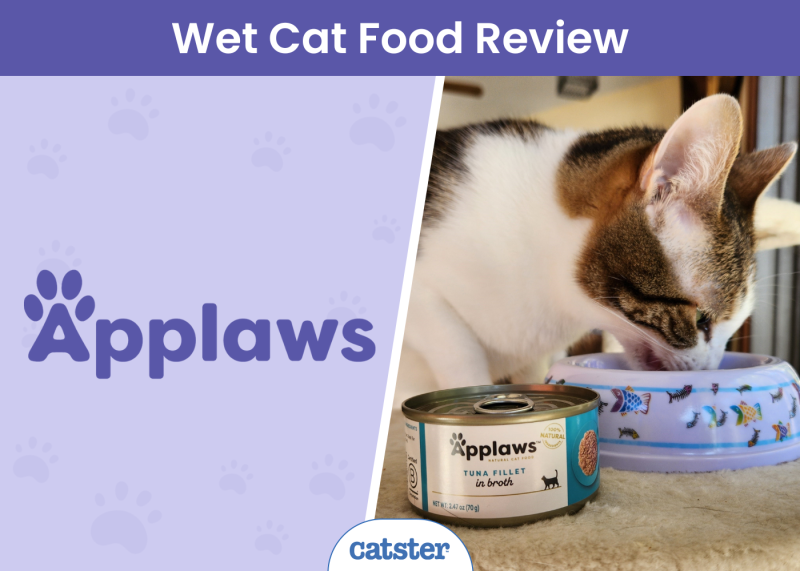New Hope for a Fatal Feline Disease: Feline Infectious Peritonitis (FIP) Treatment Gets a Green Light

Until very recently, a diagnosis of the disease Feline Infectious Peritonitis, better known as FIP, was an automatic death sentence. An aggressive inflammatory disease, FIP is a mutation of a relatively benign form of feline coronavirus, a distant relation to COVID-19.
Interestingly, it was the human coronavirus pandemic that accelerated the development of the first effective treatment for FIP, Remdesivir. This injectable antiviral medication had been in development before COVID-19 struck, but the sudden need for human treatments sent the research and development teams at Gilead into overdrive. While this was good news for those suffering from severe forms of COVID-19, it was great news for vets and cat owners, whose options when faced with FIP patients in the past had been palliation and euthanasia.
In 2021, Remdesivir was being rolled out in Australia, the UK, and parts of Europe, with promising results. Although not a guaranteed cure, vets were finally seeing FIP patients improving and going home. However, a lack of FDA approval in the US meant that this potentially life-saving treatment was still out of reach for many. Desperate cat owners were even turning to ‘black market’ sources to obtain the drug.
Three years after its initial release, the FDA has tentatively cleared the path for an alternative form of Remdesivir, a tablet known only as GS-441524, for use in the US. In a recent statement, the FDA wished to:
In other words, we haven’t approved it, but we know you’re going to use it, and we’re not going to try to stop you. What a clever way to magnanimously allow treatment to proceed without the risk of shouldering any blame if things go wrong!
Studies indicate that the efficacy of the oral medication is comparable to that of the injection, but a combination of the two forms may be even more effective. Case studies have reported a range of responses, including remission, relapse, and death, but with only 4 years’ worth of real-world cases, it will be some time before we can evaluate long-term outcomes. For now, it is enough to say that cats diagnosed with FIP are finally being given the chance to have a long-term outcome.
Next item on the list: come up with a name a little more marketable than GS-441524!






